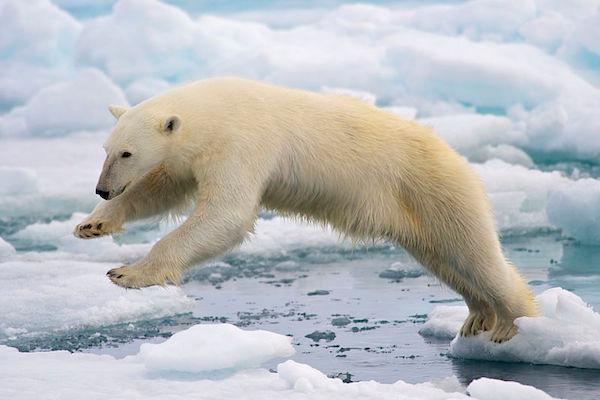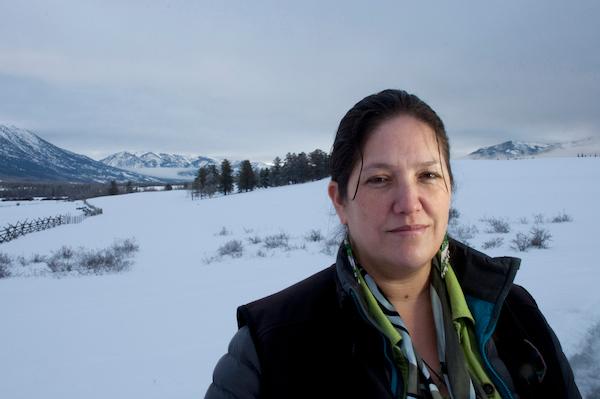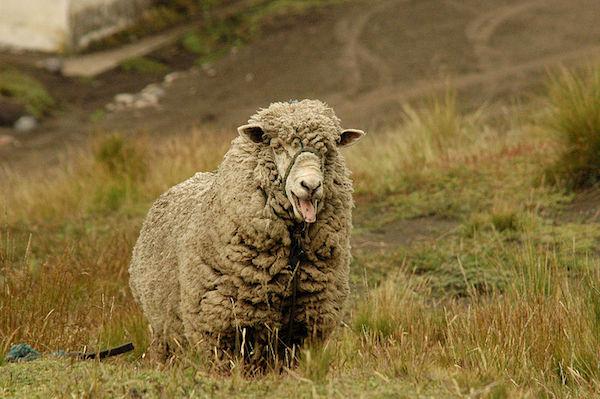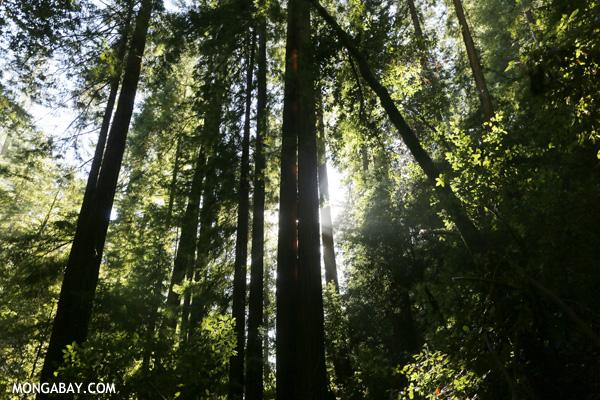A mass of thousands of walruses were spotted hauled up on land in northwest Alaska during NOAA aerial surveys earlier this week. An estimated 35,000 occupied a single beach – a record number illustrating a trend in an unnatural behavior scientists say is due to global warming.
Walruses (Odobenus rosmarus)—iconic arctic mammals that are only distantly related to seals—traditionally use sea ice to rest, breed, and give birth, and as a vantage from which to spot mollusks and other food sources. However, as their habitat warms and sea ice melts, walruses are forced to come to land more often and in greater numbers.
This latest mass of walruses was found during NOAA’s annual arctic marine mammal aerial survey. Previous surveys also found large groups, with 30,000 spotted in 2011. The behavior is something of a new trend, with the first large-scale land haulout observed in 2007 near where the walruses congregated last week.





